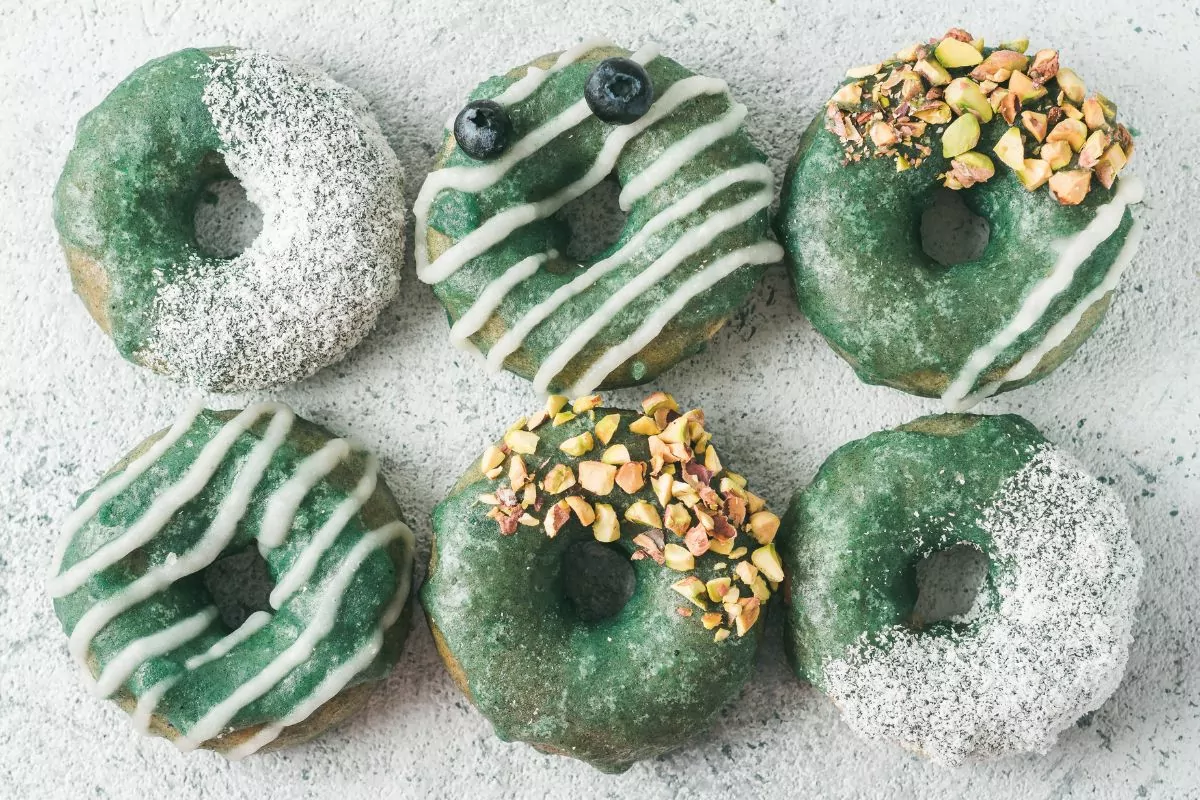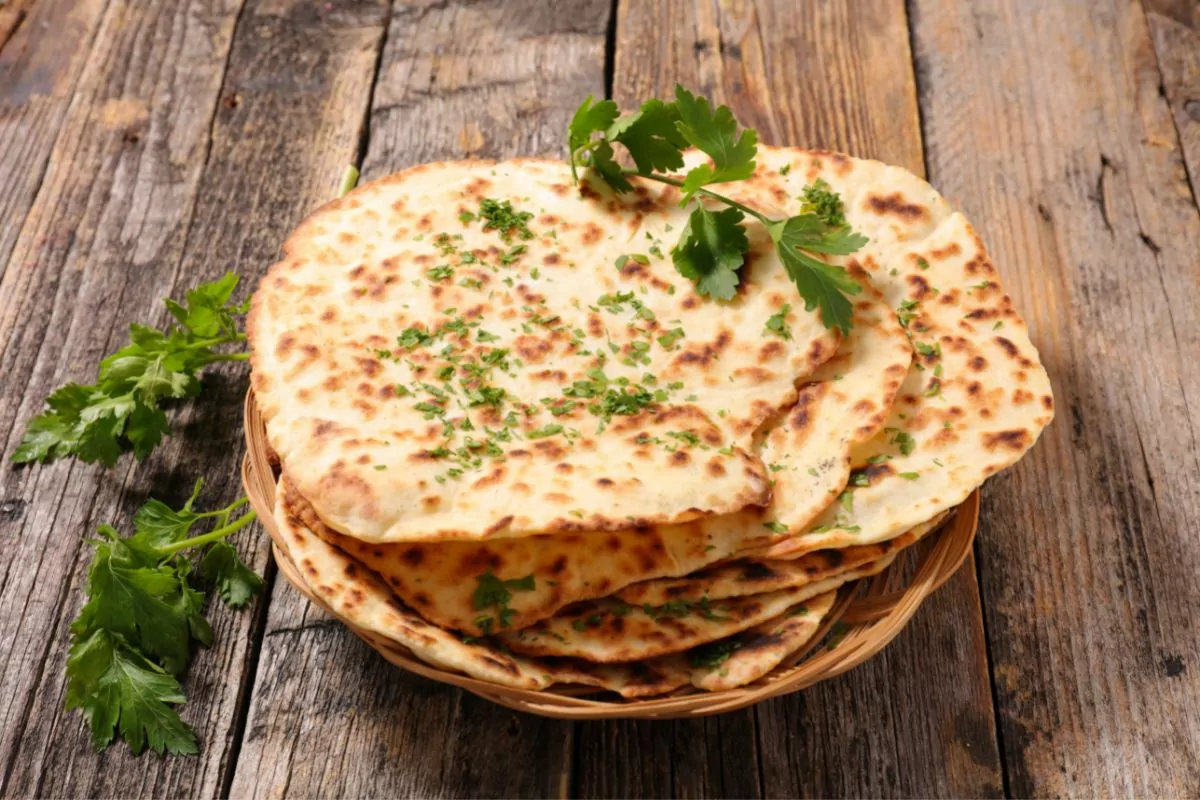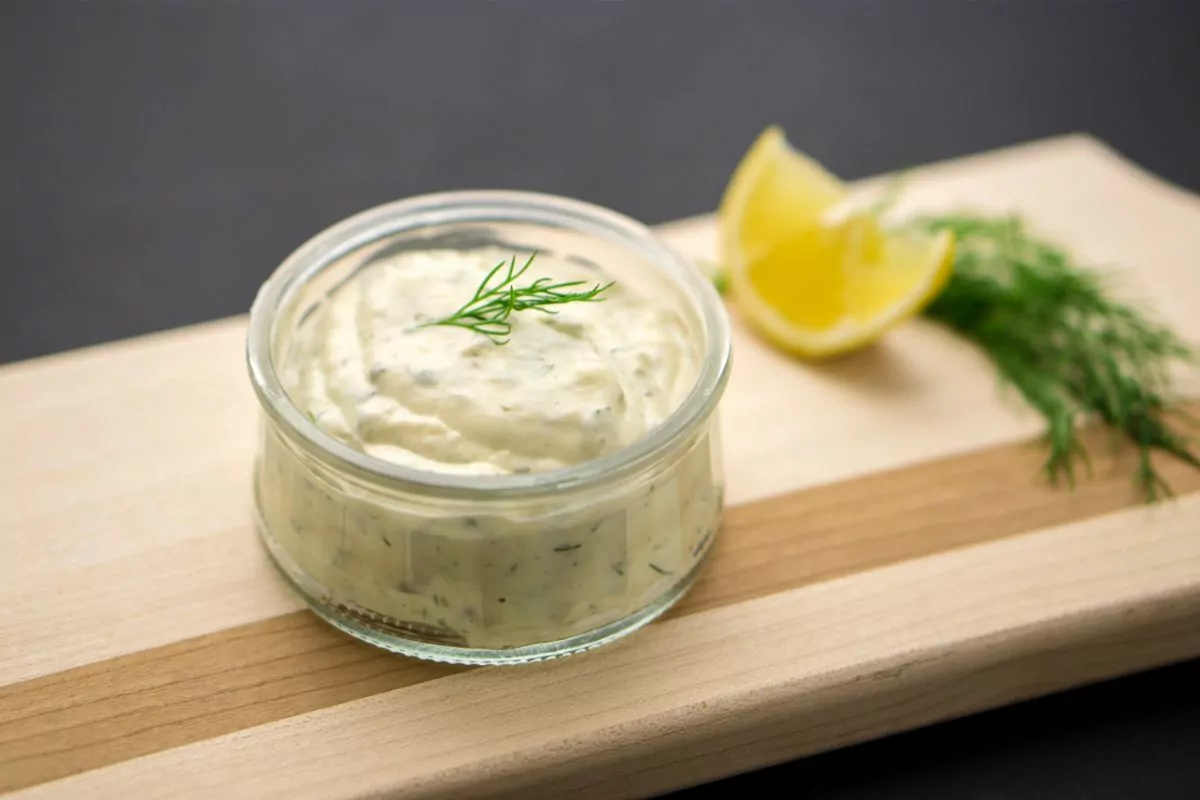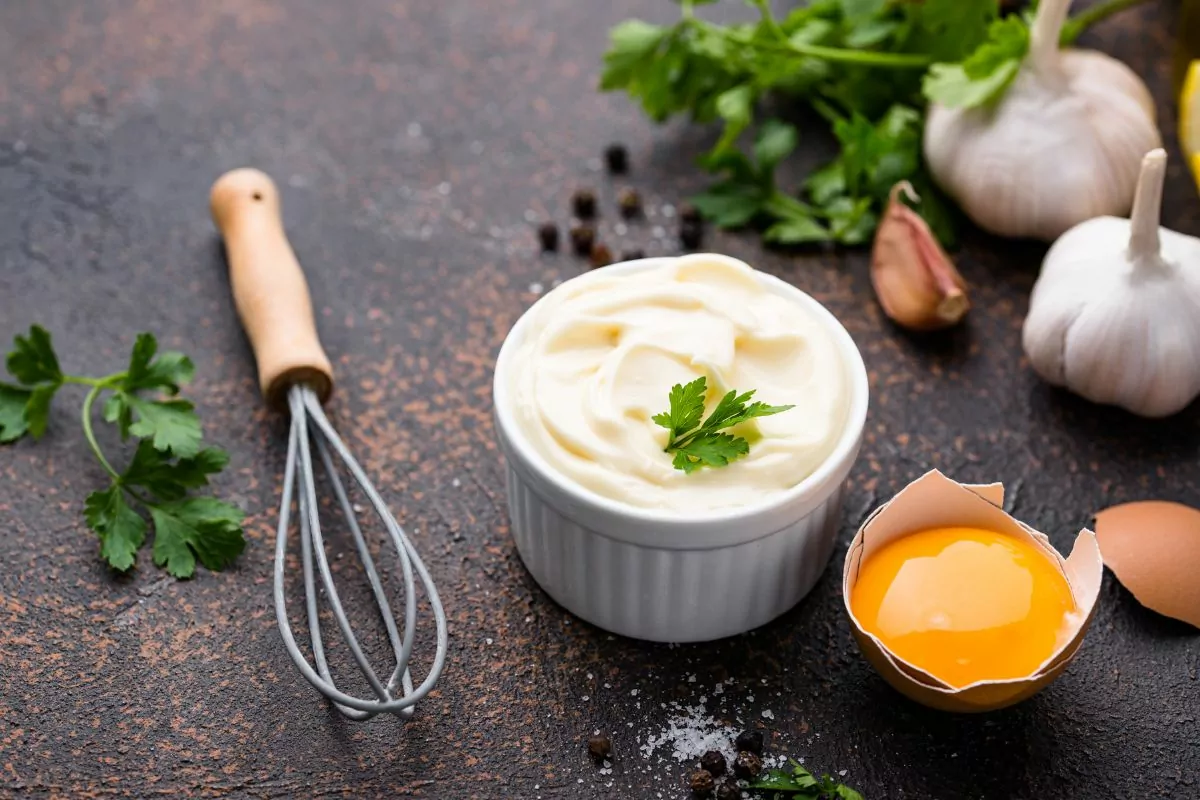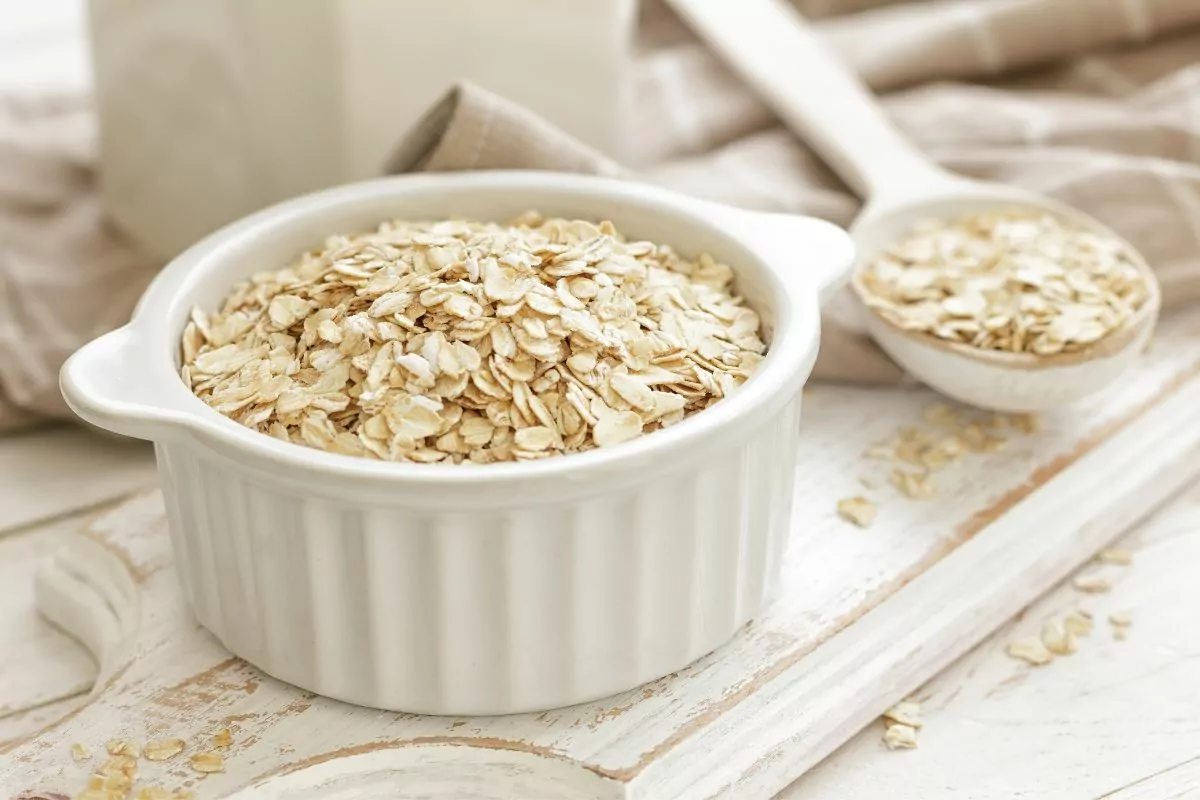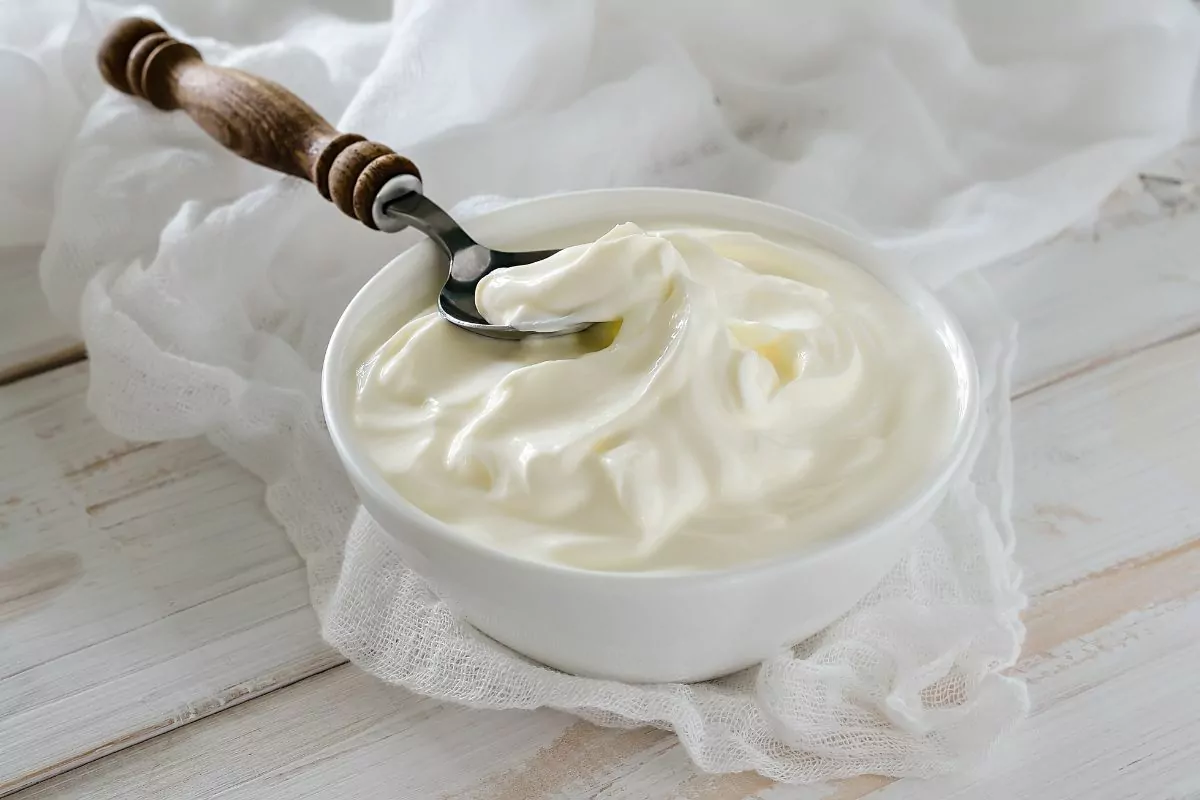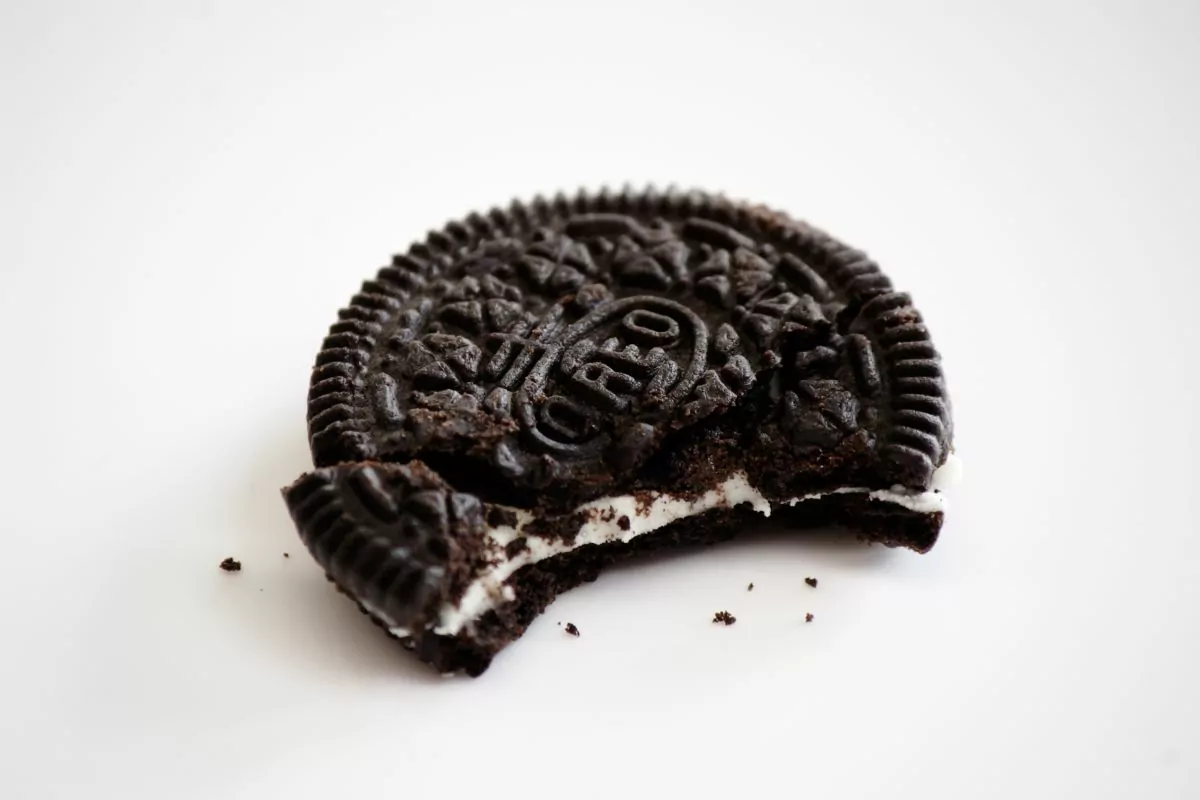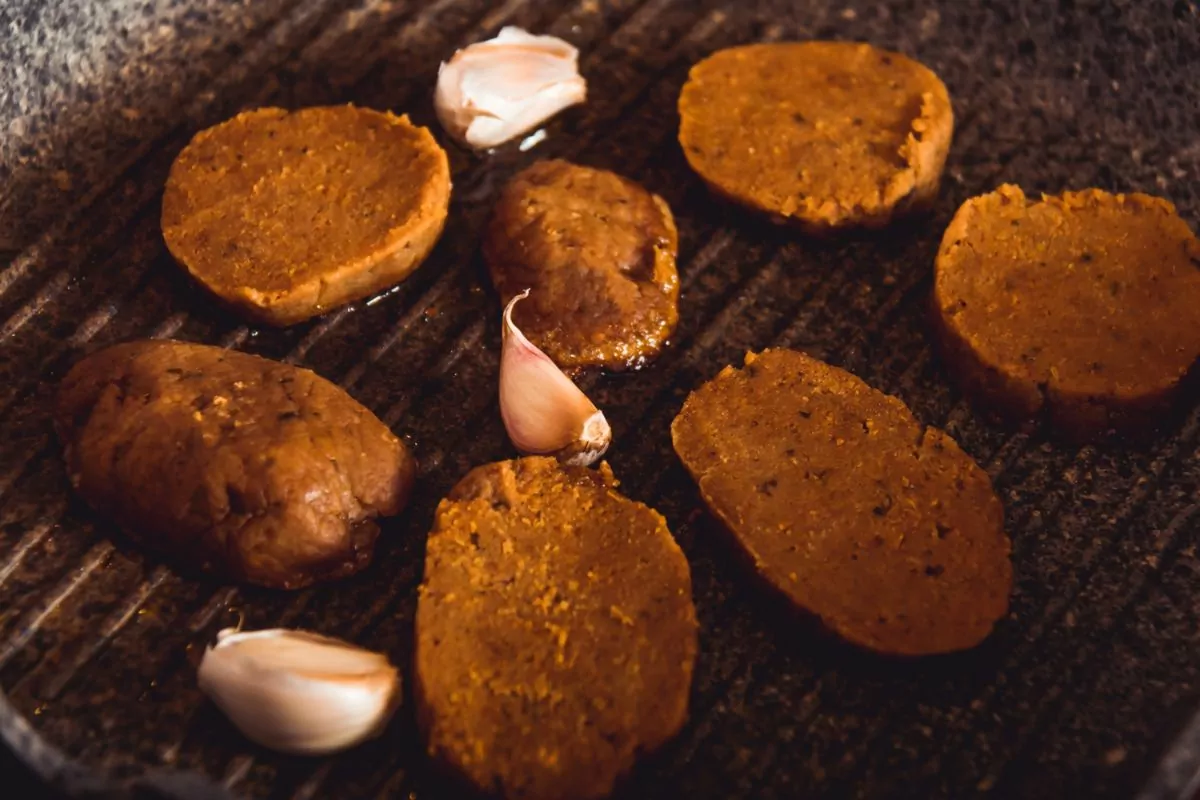When it comes to eggs, there can be some controversy surrounding this popular food.
Many argue that eggs are supremely healthy, whilst others disagree and believe that they can increase the risk of heart issues.
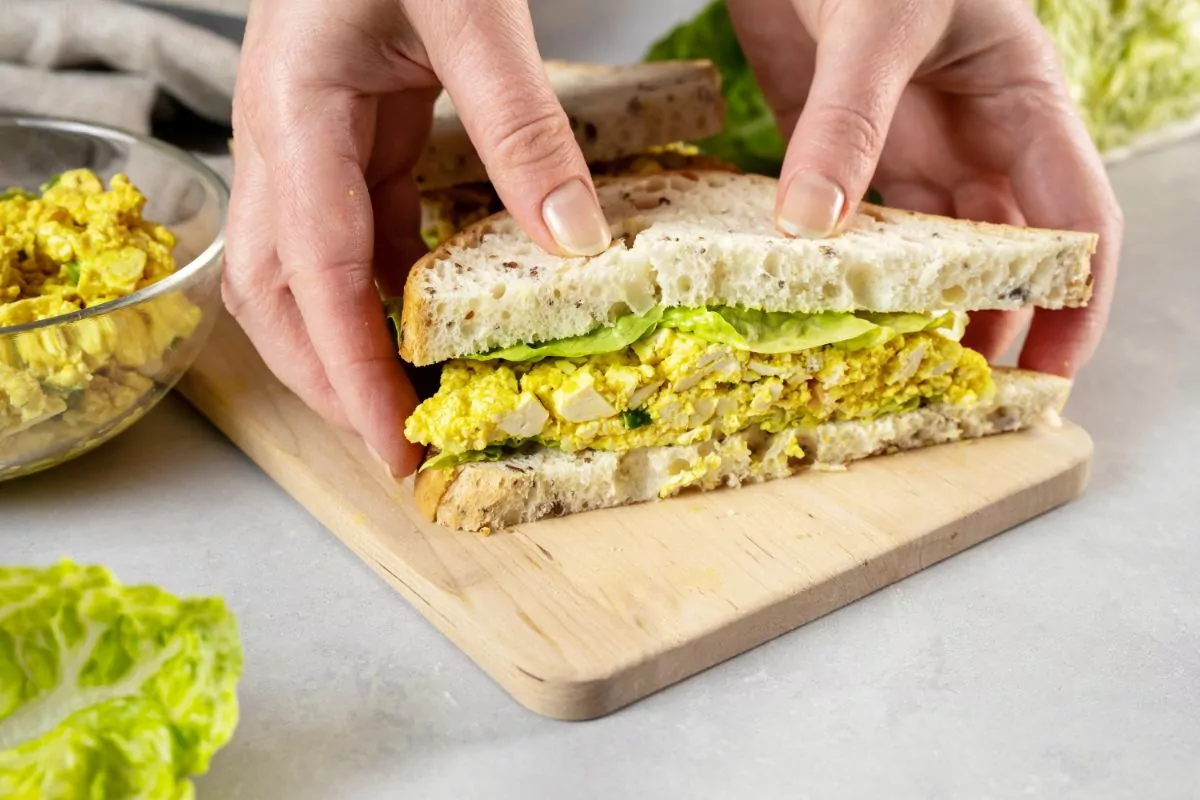
Well, whether they are a protein-packed wonder food or something more sinister should be left for another article. Today, we will be talking about vegan eggs, instead – and we know these are healthy!
It doesn’t matter if you’re a vegan or not, vegan eggs are great for a range of recipes and, don’t worry; if you make them correctly, they will perfectly mimic the flavor of a real egg.
In Recent years, vegan eggs have become popular and are now sold all over the world. This is no surprise with the rise in plant-based foods and mass portions of the population switching to vegetarian or vegan diets.
No longer do you need to eat butter and cream from animal products. Now, there are sustainable, vegan alternatives not made from any animal derived ingredients.
Vegan eggs are just one of the popular food items on many vegan plates!
Although you can buy vegan eggs on the market, it’s more fun to make your own! That way, you know exactly what goes into your eggs and, best of all, you will probably save some money.
So, join us as we guide you through the process of making your very own vegan eggs. Your dishes will never be the same again!
What Are Vegan Eggs?
Vegan eggs are just what you expect – they are eggs that resemble real eggs laid by chickens, but are made from turmeric and mung bean protein.
Combined, these ingredients result in an egg-like flavor and that iconic egg texture.
Unlike many vegan foods that substitute animal based ingredients, vegan eggs tend to surprise people with their close resemblance to real eggs.
Not only do they taste similar to chicken eggs, but the vegan versions also smell very similar. Once you make your vegan eggs today, ask your friends and family to try one and see if they can notice the difference!
Vegan Eggs: Are They Healthy?
This is the main question people have when it comes to vegan eggs. Are they as healthy as real eggs? You’ll be pleased to know that the answer is a resounding, yes!
Regular eggs and vegan eggs are very similar. For instance, a large egg, whether it be real or vegan, contains around 70 calories and 5 grams of fat for every serving.
The amount of protein is also similar, with regular eggs containing around 6 grams and vegan eggs holding approximately 5 grams of protein on average.
As we mentioned above, many argue that regular eggs are not as nutritionally healthy as they first seem to be.
This is because they contain nutrients, such as vitamin B12, vitamin D, and antioxidants, such as zeaxanthin, and lutein.
However, these nutrients are important in maintaining eye health, bone health, cognition, and can also aid pregnancy.
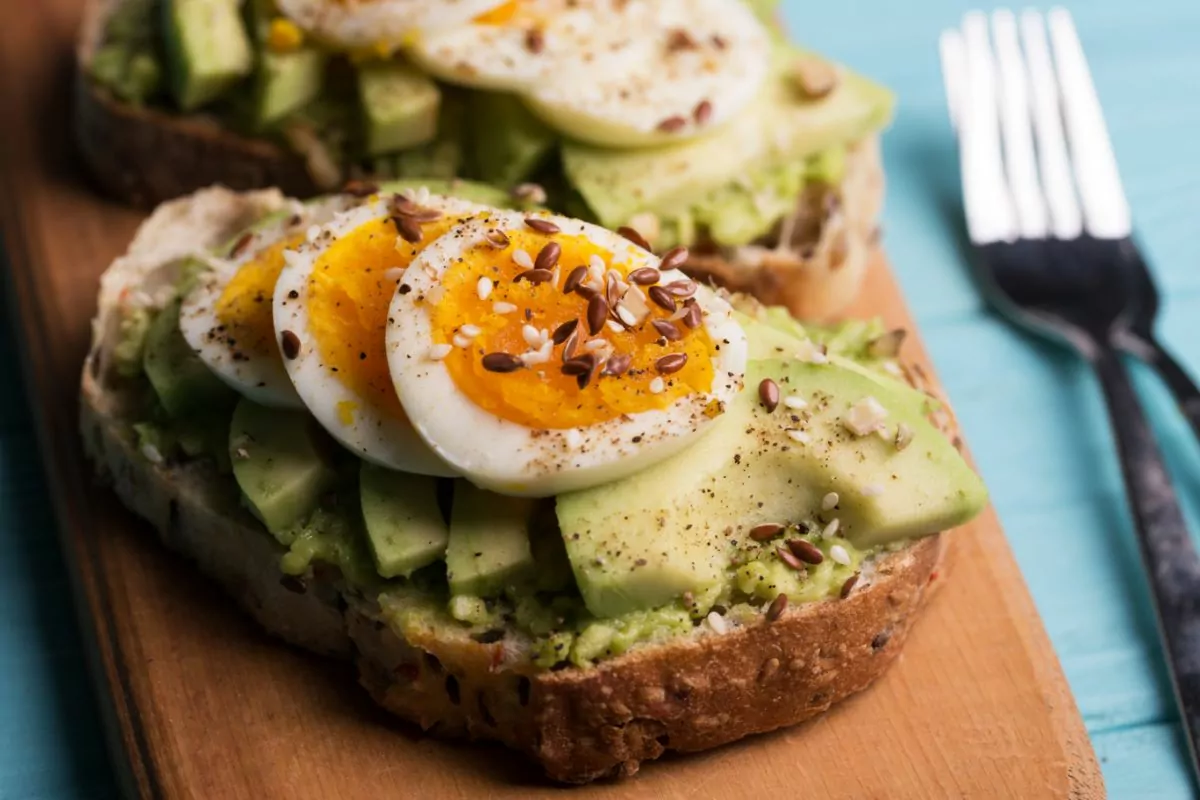
As for vegan eggs, many of the store-bought versions are made with various ingredients, such as canola oil, mung bean protein, potassium citrate, and soy lecithin.
Although these are not considered unhealthy, the processed nature of some vegan eggs means they are not as beneficial to our health as regular eggs.
But, what if you make them yourself? Surely they will be healthier? Well, let’s get down to business and make some delicious vegan eggs!
How To Make Vegan Eggs – Guide
Making your very own vegan eggs is pretty straightforward.
Here’s what you’ll need to make the yolk of around 12 vegan eggs:
- 1 cup (125 g) of kabocha squash (steamed and mashed)
- 12 tablespoons of cold, divided, filtered water
- 3 tablespoons of canola oil
- ½ a teaspoon of kosher salt
- 1 teaspoon of kala namak and Himalayan black salt
- 1 tablespoon of cornstarch
And, here’s what you’ll need to make the white of your vegan eggs:
- 8 oz (225 g) of silken tofu
- 3 tablespoons of cold, filtered water
- 3 tablespoons of rice flour
- 2 tablespoons of coconut milk (full-fat)
- ½ a teaspoon of kala namak and Himalayan black salt
Here’s our fun guide to try at home today:
- First, you need to make the yolk. Using a high-powered blender or a food processor, mix your kabocha squash, 10 tablespoons of water, black salt, canola oil, and kosher salt together and blend until entirely smooth. Then, move this to a medium pot.
- Grab a small bowl and whisk 2 tablespoons of water with the cornstarch. Then, place the yolk into this mixture.
- Boil the yolk mixture over a medium-low heat and continue whisking. Do this till the mixture has thickened (around 4 minutes).
- Transfer this to a medium-sized bowl and place it in the refrigerator for around 30 minutes until completely cool.
- Whilst waiting for the yolk to cool, you can make the white. Start by combining the rice flour, tofu, black salt, water, kosher salt, and coconut milk in your blender. Blend until the mixture is smooth and then transfer it to a measuring cup.
- Divide your yolk mixture evenly in the cups using the ½ oz domed silicone mold.
- Transfer this into the refrigerator for 3 hours until the yolks have set properly.
- Take the yolks out of the molds and place them on a plate lined with paper towels.
- Now, heat 2 teaspoons of canola oil over a medium heat, using in a skillet.
- Pour around 1 to 2 tablespoons of the egg white into your skillet and spread to achieve the egg white shape.
- Take your yolk and place it on the white before covering the skillet. Then, leave on a low heat for about 4 minutes. Once the edges of the white are browned lightly and the yolk is warm, they should be done.
- Repeat this with the remaining ingredients.
- Add some salt and pepper
- Enjoy!
In Summary
Making vegan eggs is fun and simple. We hope you enjoy the process and, even more importantly, enjoy your tasty vegan-friendly eggs!
- Cucumber, Apple And Pineapple Juice - September 12, 2022
- French Toast Without Eggs - September 12, 2022
- Cook Canned Chickpeas - September 12, 2022

